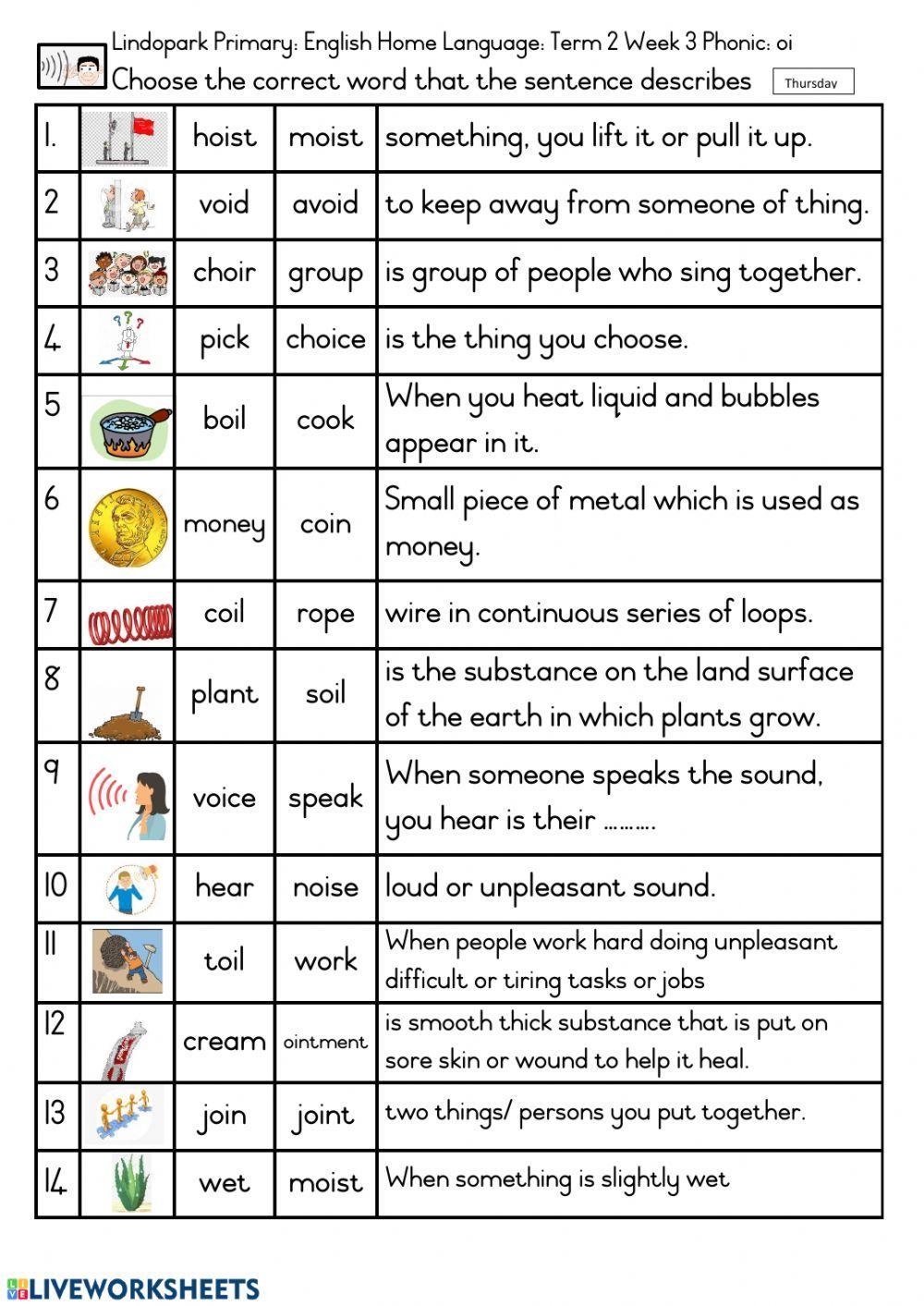Phonic worksheets are a valuable tool in helping children learn and practice phonics skills. Phonics is the method of teaching reading and spelling by correlating sounds with letters or groups of letters in an alphabetic writing system. These worksheets are designed to help children recognize and understand the relationship between sounds and letters, which is essential for developing strong reading and spelling abilities.
Phonic worksheets come in various forms, including matching exercises, fill-in-the-blank activities, and word searches. They are typically tailored to different skill levels, from beginner to advanced, making them suitable for children of all ages. These worksheets are not only educational but also fun and engaging, making learning phonics an enjoyable experience for children.
Benefits of Phonic Worksheets
One of the main benefits of using phonic worksheets is that they provide a structured and systematic approach to learning phonics. By following a step-by-step progression of activities, children can build upon their knowledge and skills, gradually increasing their proficiency in reading and spelling. These worksheets also allow for repetitive practice, which is essential for reinforcing learning and improving retention.
Phonic worksheets can help children develop their phonemic awareness, which is the ability to hear, identify, and manipulate individual sounds in words. This skill is crucial for phonics instruction as it forms the foundation for reading and spelling. By engaging in activities that require children to segment and blend sounds, phonic worksheets can enhance their phonemic awareness and overall literacy skills.
Furthermore, phonic worksheets can improve children’s vocabulary and comprehension skills by introducing them to new words and concepts. Through activities that focus on word recognition and decoding, children can expand their reading fluency and comprehension, leading to improved academic performance in other subject areas. These worksheets also promote independent learning and critical thinking, as children are encouraged to apply phonics rules and strategies to solve problems and complete tasks.
In conclusion, phonic worksheets are a valuable resource for teaching and reinforcing phonics skills in children. By providing a structured and engaging approach to learning, these worksheets can help children develop their phonemic awareness, vocabulary, and comprehension skills, ultimately leading to improved reading and spelling abilities. Incorporating phonic worksheets into a child’s learning routine can have a positive impact on their academic success and overall literacy development.
